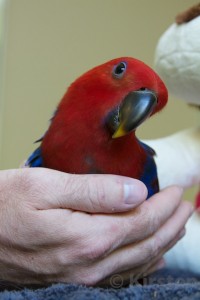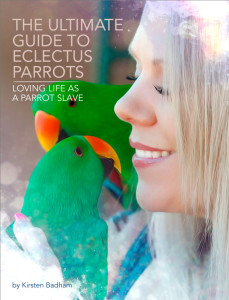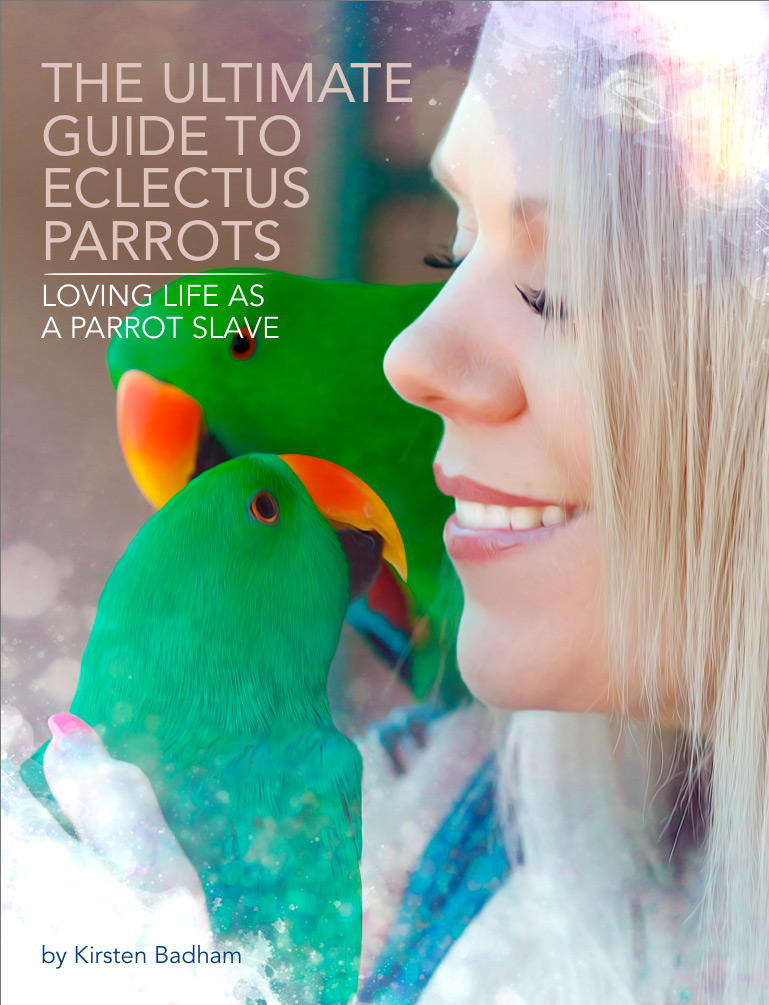Sourcing reliable avian information can be a hit and miss affair because many websites provide inaccurate and misleading information.
As an aviculturist and avid avian researcher I have read countless parrot related websites. Some sites are wonderful and it is evident the person writing the information has had many years of hands on experience. However, not all sites offer accurate information and before following any advice, it pay’s to take the time to learn about the author and their level of expertise.
The internet offers a plethora of avian knowledge, passed on from people from all levels of experience. There are sites written by avian experts and aviculturists keen to share their wealth of knowledge. Some are written by pet owners who own a few of their chosen species, are passionate about their pets and enjoy sharing knowledge they have. Other authors are simply regurgitating the information they have read on other sites or books and sometimes this can lead to the spread of mis-information.
 I have seen my own work on other avian websites over the years, written word for word. On one such occasion I contacted the person and requested they remove the plagiarized content. I checked back later only to find my work re-worded however the author had made so many errors while changing my copy that the advice they were giving was harmful and potentially deadly. It made me shudder to think of people following such advice, especially at the detriment to their parrot.
I have seen my own work on other avian websites over the years, written word for word. On one such occasion I contacted the person and requested they remove the plagiarized content. I checked back later only to find my work re-worded however the author had made so many errors while changing my copy that the advice they were giving was harmful and potentially deadly. It made me shudder to think of people following such advice, especially at the detriment to their parrot.
Before following the advice of the author, be sure the content is true and correct, especially when reading advice pertaining to avian health. The best people to source knowledge from are those who specialize in your chosen parrot and have had many years keeping, breeding, hand raising and working with companion parrots.
Reading books, keeping a few pets and regurgitating information is all well and good but when it comes right down to it, nothing beats hands on experience. Professional aviculturists work day in day out with their parrots, they are immersed in everything avian and the information they share is invaluable. Two of my favorite avian writers are both professional aviculturists. Rosemary Low who worked for Loro Parque for many years and Eb Cravens who runs his parrot business in Hawaii. Both share a wealth of knowledge that was learnt from working directly with parrots from neonates to mature birds. The information they provide was gleaned from years of research, understanding every aspect of each parrots unique needs, comparing these needs with others of the species and of course lot’s of trial and error.
I have worked extensively with Eclectus parrots for over a decade now and have learned more than I could ever have imagined. I have enjoyed the best of both worlds. I kept Eckies as companion parrots, learning the in’s and out’s of pet ownership while helping other Eckie owners from around the world. I also spent many years breeding Eckies, this opened my eyes to an entirely different aspect of this magnificent species. Taking a parrot through their many varying growth stages to become a well adjusted, fully fledged companion bird is an amazing experience; one I had time and time again.
So next time you’re surfing the internet, be sure to check the sites ‘about us’ page. You will soon learn whether you are reading information written by a professional, a hobbyist or a pet owner. When it comes to the health and wellbeing of your parrot, experience is everything and you want to be sure the person giving the advice is qualified to do so. If you are researching information for medical issues, always seek the advice of your avian vet.
Happy researching!





